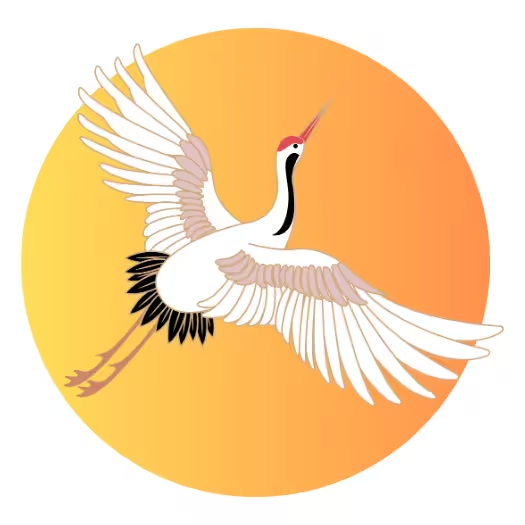Kampo is a specialised Japanese method of diagnosis and prescription, based on classical Chinese medicine. These use of formulas originates from Han Dynasty China (200BCE-220CE) and was adapted to Japanese culture, society and traditions. Modern Japanese physicians have also contributed formulas to the Kampo pharmacy.
Kampo Herbal Medicine
Unique characteristics of Kampo
- Research and science focussed
- Traditional, yet applicable to modern times
- 100% natural ingredients
- Approved and recognised by the Japanese government
An Introduction to Kampo
Lee-Anne’s Kampo Qualifications
In 2022, Lee-Anne completed the Kampo Internship with Nigel Dawes, the premier practitioner of the Kampo style of herbology in the United States.
Kampo Herbs
Kampo is available as an add on to an acupuncture treatment.
Lee-Anne utilises pre-made herbal formulas, in pill or capsule form. Granules (taken as a tea) and liquid extracts can also be arranged in conjunction with a partner herbal medicine dispensary within a 24-48 hour period. Herbal products are of a high quality and approved by the Therapeutics Goods Association. Supplements may also be prescribed.
Kampo is a specialised Japanese method of diagnosis and prescription, based on classical Chinese medicine. These use of formulas originates from Han Dynasty China (200BCE-220CE) and was adapted to Japanese culture, society and traditions. Modern Japanese physicians have also contributed formulas to the Kampo pharmacy.
Kampo has been practiced in Japan for over 1500 years. Approximately 80% of Japanese GPs and pharmacists include Kampo in their practices. In Japan, Kampo formulas are classified as ethical drugs, are only available by prescription, and have been covered by the Japanese National Insurance system since 1967.
Kampo is very well researched in Japan and there is a large body of research papers available in Japanese, with an increasing body of work available in English.
In Kampo, diagnosis and abdominal palpation are used in conjunction with the patient’s constitution, condition and symptoms to arrive at a diagnosis, which directly points to treatment. The diagnosis, assessment and use of formulas is unique and unlike that of Traditional Chinese Medicine. Specific formulas are generally used for a short period of time: the patient is closely monitored to ensure that prescriptions change in accordance with changes occurring in the patient.
For further information please refer to: Kampo: A Clinical Guide to Theory and Practice, Churchill Livingstone, 2010, ISBN: 0443100934.
